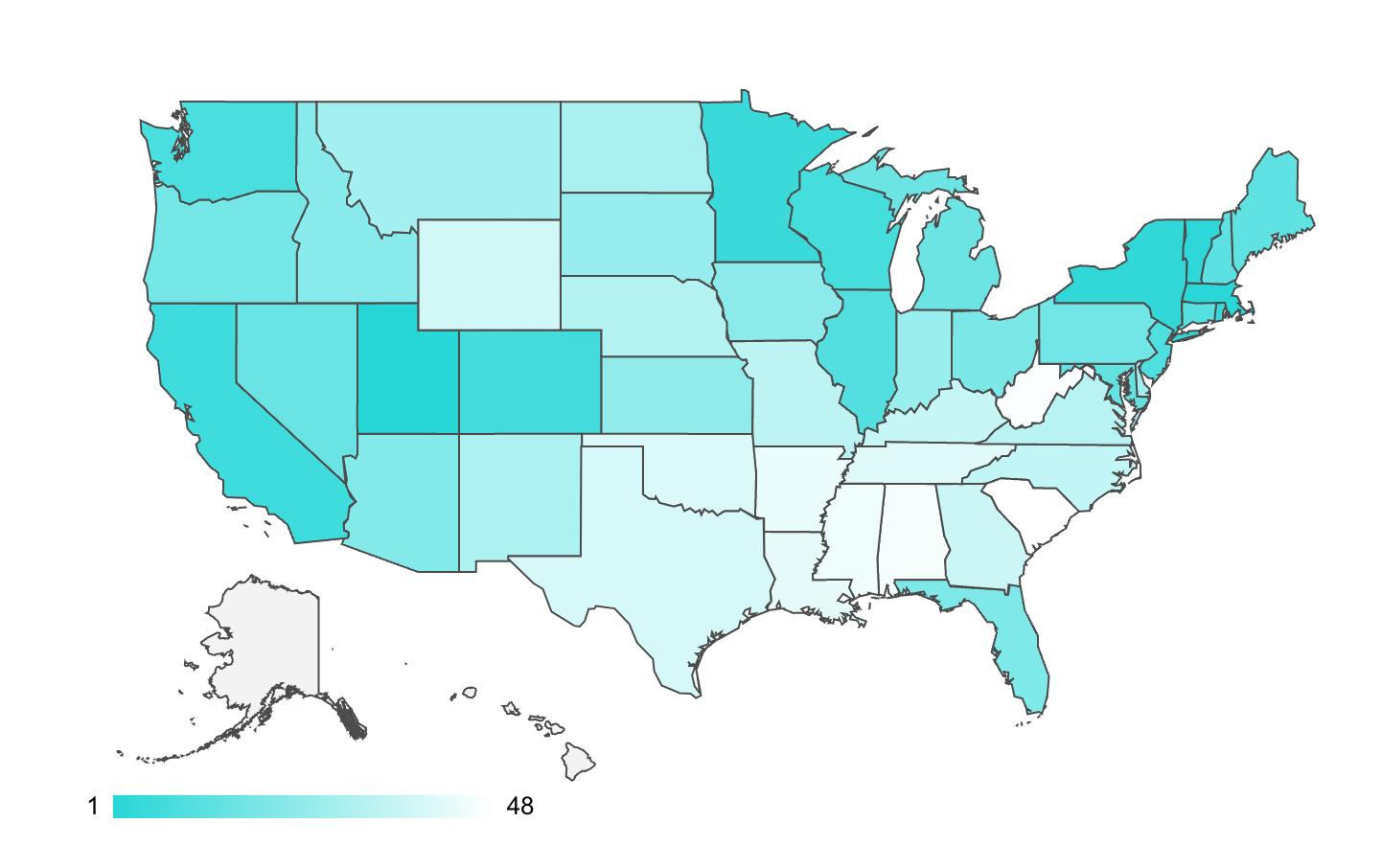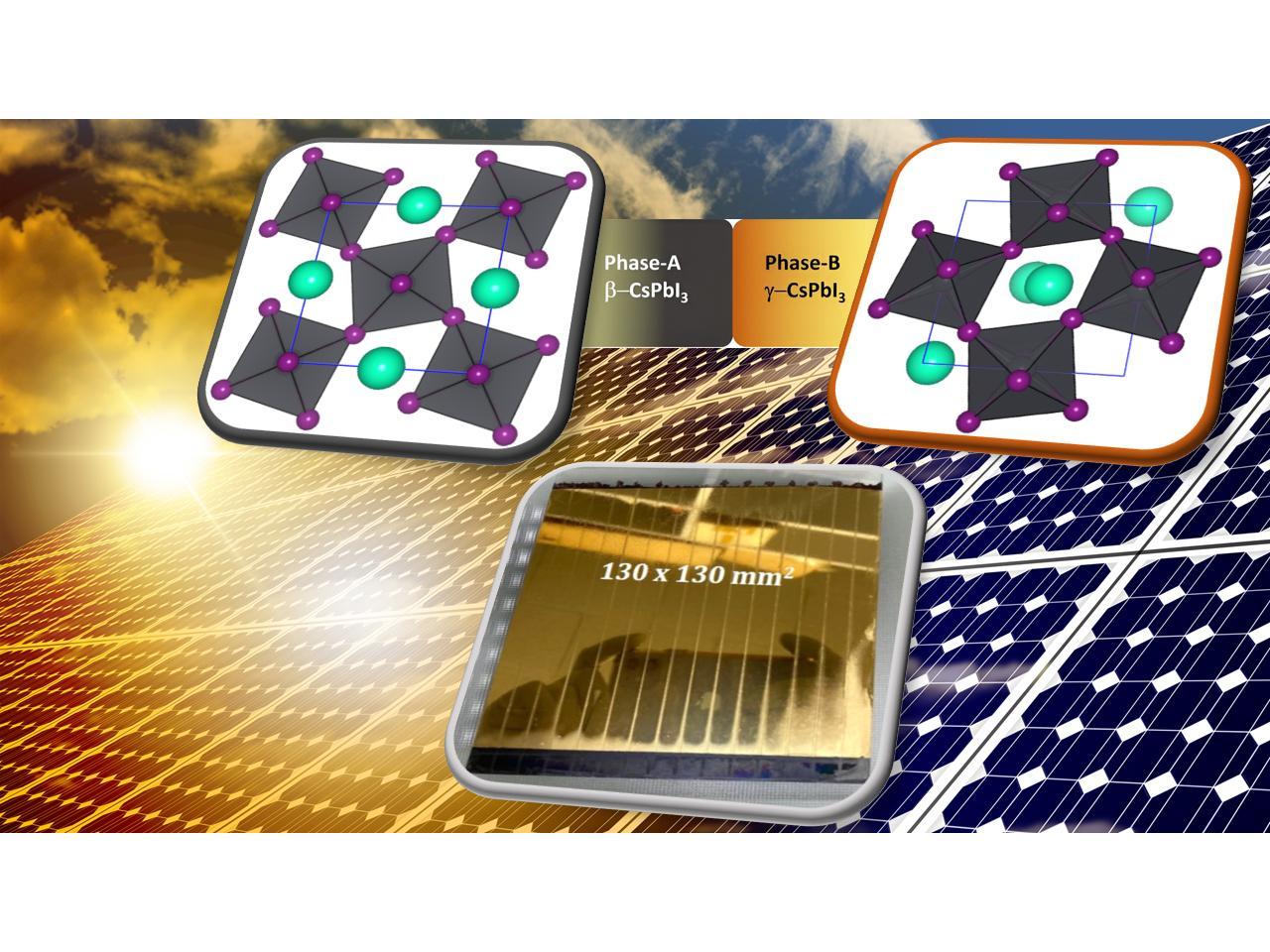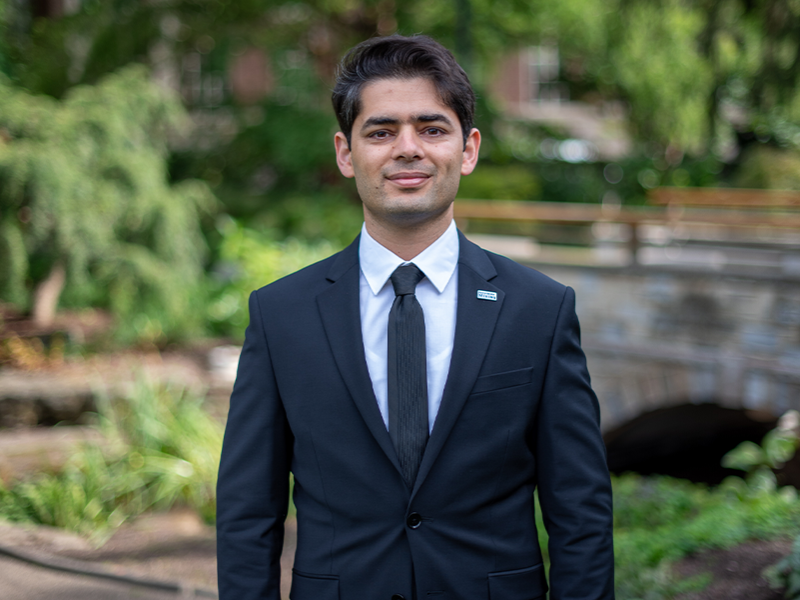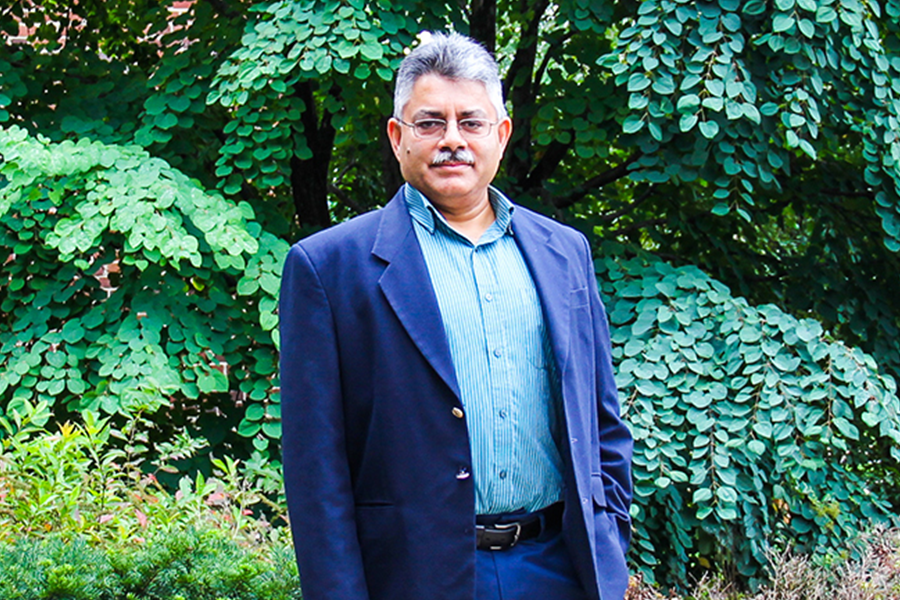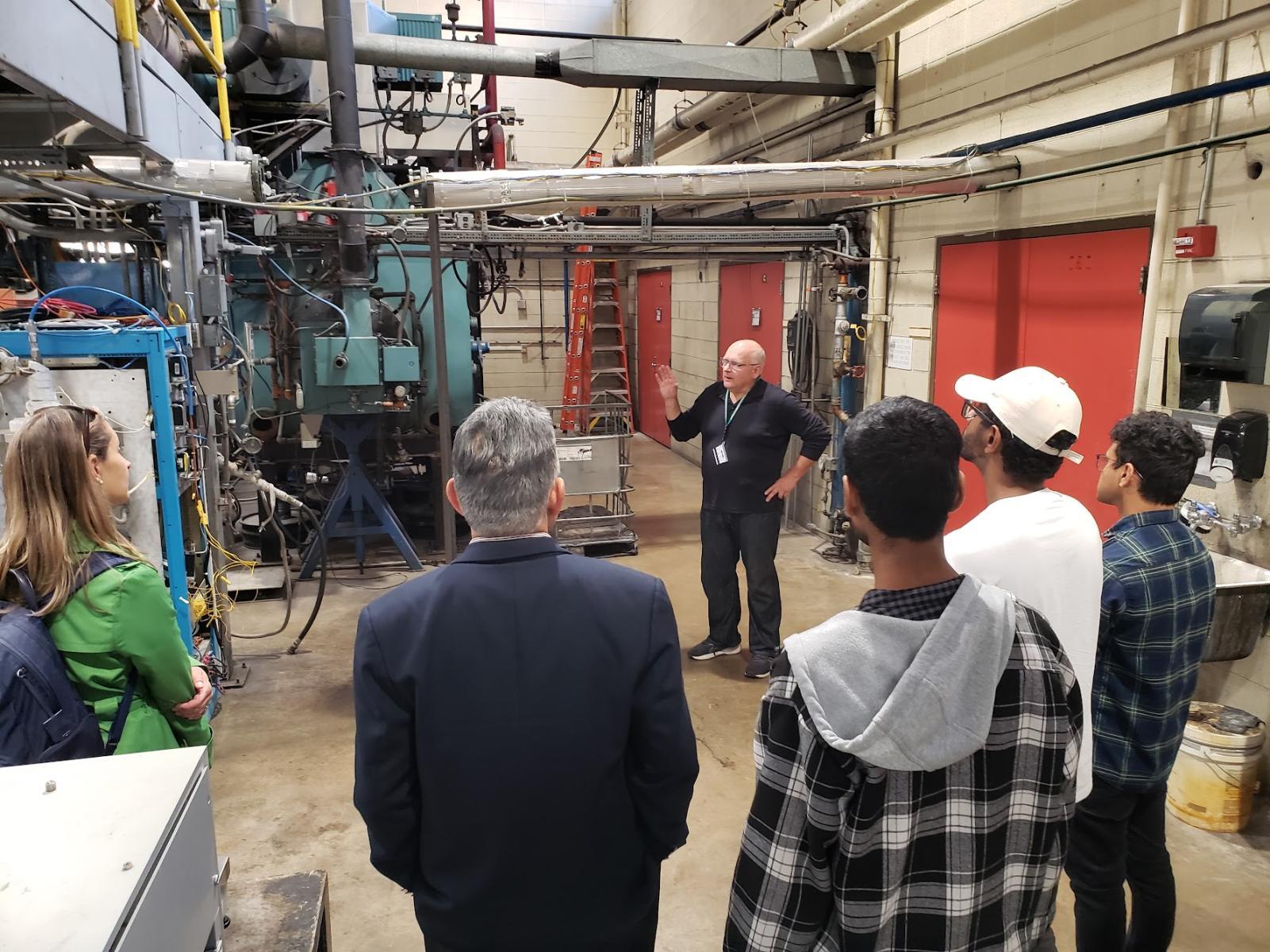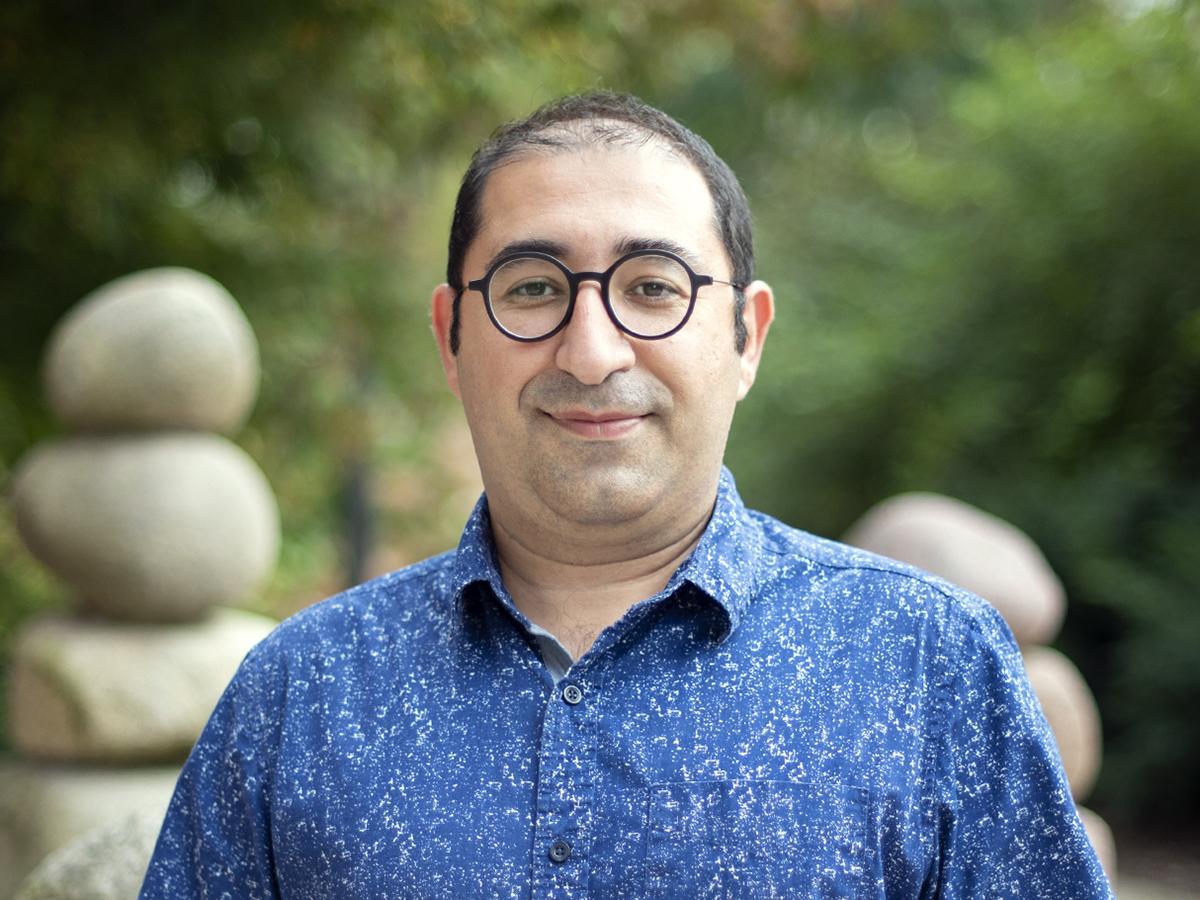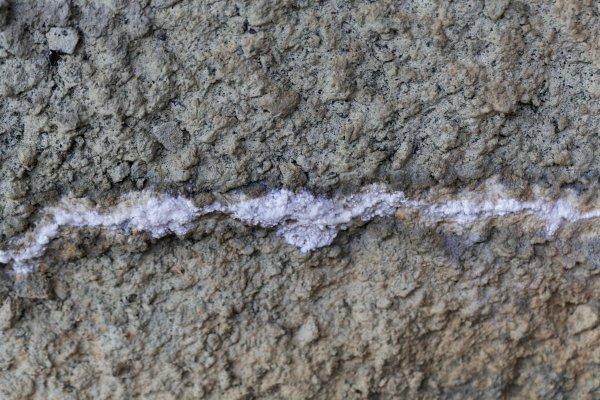Energy is expensive. In fact, it’s one of the biggest household expenses for American consumers. The average U.S. family spends at least $2,000 per year on utilities, according to the U.S. Department of Energy, with heating and cooling of spaces alone accounting for more than half the bill. In 2022, the average consumer spent another $3,120 on motor fuel and oil.
Next-generation solar materials are cheaper and more sustainable to produce than traditional silicon solar cells, but hurdles remain in making the devices durable enough to withstand real-world conditions. A new technique developed by a team of international scientists could simplify the development of efficient and stable perovskite solar cells, named for their unique crystalline structure that excels at absorbing visible light.
Younes Shekarian, a doctoral degree candidate in the John and Willie Leone Family Department of Energy and Mineral Engineering received the SME Ph.D. Fellowship grant from the Society for Mining, Metallurgy and Exploration (SME). The award helps support exceptional doctoral students who are seeking a career in academia.
Ever since America's first commercial oil well began gushing in Pennsylvania in 1859, the state has profited from a robust energy industry. More recently, conservation and green-energy organizations have sprouted across the commonwealth’s three-quarters-rural landscape, pushing Pennsylvania to diversify into wind, solar, and other renewable resources. Whether drilling shale, promoting green alternatives, or keeping the power grids stable, the people on the 2023 Energy & Environment Power 100 list are all helping to write Pennsylvania’s sustainable next chapter.
Russell Johns, professor of petroleum and natural gas engineering at Penn State, was selected to receive the 2023 SPE/AIME Anthony F. Lucas Gold Medal from the International Society of Petroleum Engineers (SPE) for technical leadership. The medal is SPE’s highest international technical award. Johns will receive the award at the 2023 SPE Annual Technical Conference and Exhibition scheduled for Oct. 16 – 18 in San Antonio, Texas.
The Penn State EMS Energy Institute (EI) hosted an open house from 4-7 p.m. on Tuesday, September 27, on the Penn State University Park campus to introduce faculty, staff, and students to new director Sanjay Srinivasan and discuss the path of the institute.
Behzad Vaziri Hassas received the 2023 Rong Yu Wan Ph.D. Dissertation Award in Metallurgical Engineering from the Society for Mining, Metallurgy, and Exploration (SME). Hassas, who earned his doctorate in energy and mineral engineering from Penn State earlier this year, was recognized for his dissertation, “Process development for selective separation of critical elements from secondary resources."
The central challenge that we face over the next few decades is how to curtail the emissions of CO2 while not only maintaining, but growing, the quality of life on this planet. This means nothing short of a complete overhaul of where we source our energy from, how we dispose of waste, and the way we build our cities. It is amazing how porous materials, objects with tiny little holes in them, lie at the center of this transition.
Eleven Penn State faculty have received Fulbright Scholar Awards for the 2023-24 academic year, according to the Fulbright U.S. Scholar Program. The Fulbright U.S. Scholar Program is the U.S. government's flagship international educational exchange program. Through the program, Penn State faculty members, staff and administrators have opportunities to conduct advanced research, teach or do both, as well as attend seminars, abroad. The program also affords recipients the opportunity to interact with, and make an impact on, their host communities during their Fulbright tenure.
Ezgi Toraman, assistant professor of energy and mineral engineering and chemical engineering at Penn State, is one of 12 early-career scientists named to Chemical & Engineering News’ (C&EN) 2023 “Talented 12” list that highlights early-career researchers in the chemical sciences who are fearlessly tackling difficult global problems. Toraman was selected for her research in technologies that turn waste into fuels, chemicals and other products.


